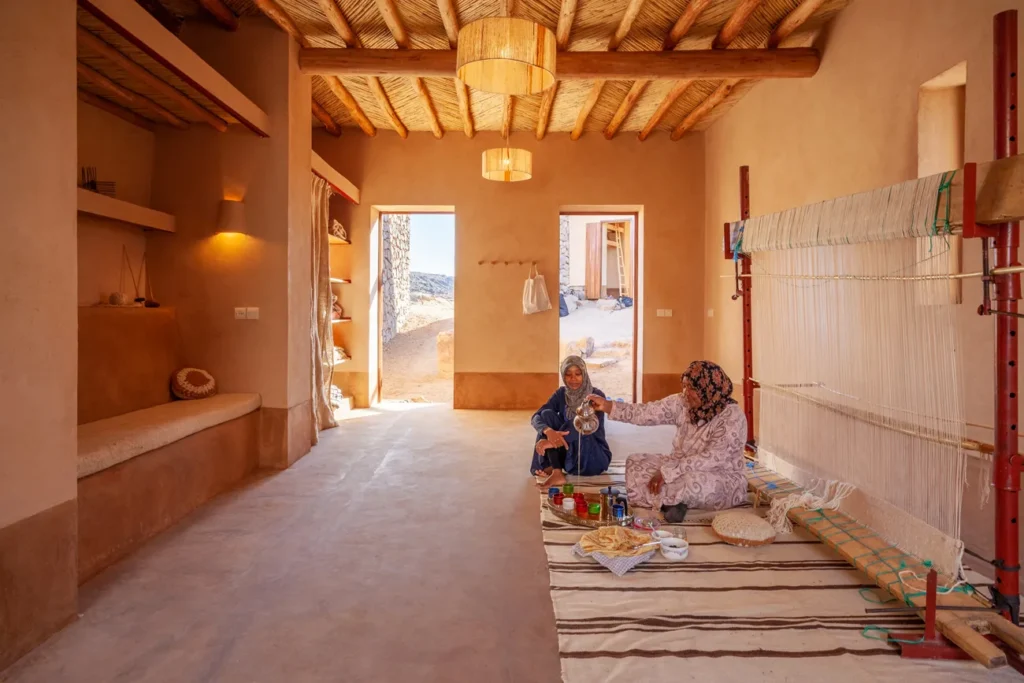Rabat – During an international conference on the legal value of unpaid domestic workers, Morocco’s Minister of Justice Abdellatif Ouahbi announced a move of reforming the country’s laws in order to recognize the domestic work that is primarily carried out by women as an essential economic contribution, especially in the context of divorce.
The seminar, which took place on April 15 in Rabat in cooperation with the European Union and the Council of Europe as part of the MA-JUST program, brought together legal experts and political decision-makers in order to discuss global approaches to evaluating domestic workers in family law.
Ouahbi used the platform to emphasize that Morocco is willing to confront long -term legal gaps that do not protect women’s economic rights in marriage and divorce.
“Unpaid housework is not only a social reality, but also a constitutional and moral obligation to recognize (…), but the basis for family stability and a key of national economic resilience,” said Ouahbi.
Currently Article 49 of the Morocco Family Code Stubborn This joint property of property, which has acquired property during the marriage, depends on a written agreement between spouses – an agreement that is rarely made in practice. As a result, many women remain without legal demands on marriage ownership, even though they have contributed to the household for years.
“As it looks, this article only offers limited protection,” Ouahbi admitted and asked for legal reforms that reflect the actual dynamics of Moroccan families.
The Minister of Justice too called up Cultural precedent, which indicates Amazigh -inch, who have long granted women’s property rights through the concept of hard work and the contribution. He argued that these traditions embody principles of fairness that are rooted in Islamic law and could serve as the basis for the update of the legal framework Morocco.
The reform is part of a continuous review of the Family Code, which aims to correct structural imbalances of the gender. Ouahbi made it clear that the recognition of unpaid domestic work is a critical step towards building up a fairer society. “It is time for us to stop firing this work as a natural duty of women,” he said. “It must be legally recognized and valued economically.”
When these changes are put into force would mark A big step towards gender justice in Morocco, which is ensured that women are no longer fueled after divorce. Despite the execution of more than 90% of the housework, according to the Policy Center for the New South, the contributions of the Moroccan women remain largely overlooked and undervalued in economic, legal and social framework.
The Moroccan family code introduced in 1957 was carried out in 2004 decisive reforms in order to improve gender imbalances and to modernize family law. Including the increase in the minimum age of marriage for women to 18 years and the guarantee of better protection for women’s rights in custody.
Two decades later, further reforms are discussed, including important changes in the guardianship, divorced mothers’ law, to keep custody of their children, and more robust financial protection for women after divorce – Spark A heated public debate in Morocco, in which the focus was on misogyny.





